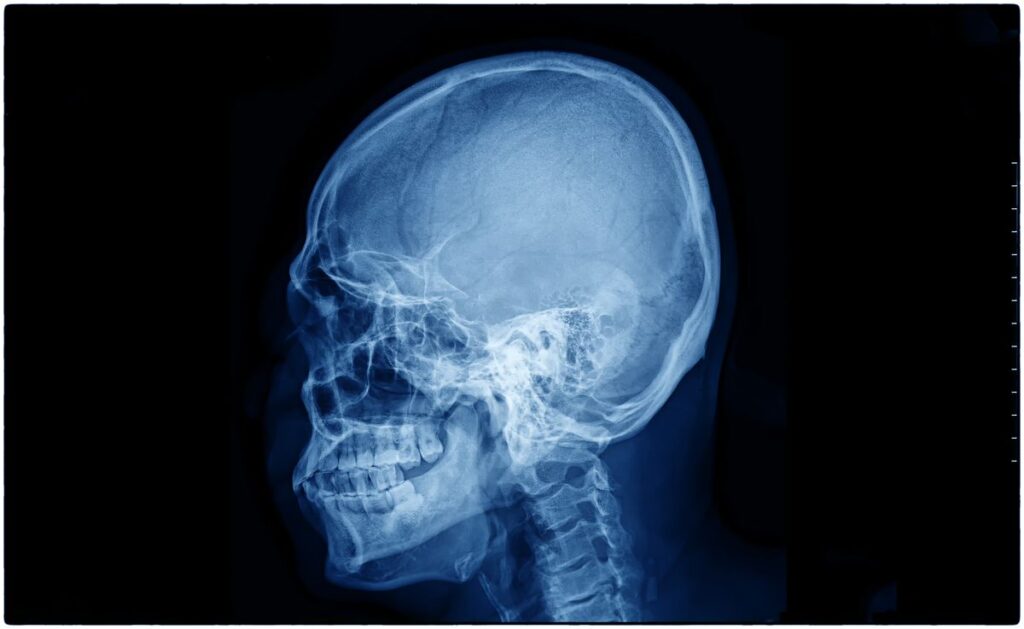Navigating the aftermath of a car accident in Georgia can be daunting, especially when it comes to identifying injuries like concussions. A concussion, though often overlooked, can have significant short and long-term effects. This comprehensive guide aims to help you understand concussions resulting from car accidents, recognize their symptoms, and take appropriate steps for your health and legal considerations.
Understanding Concussions
A concussion is a mild form of traumatic brain injury (TBI), often resulting from car accidents. It occurs when a forceful impact leads to the brain moving rapidly inside the skull. This movement can cause chemical changes in the brain and sometimes stretching and damaging brain cells. Concussions are not always obvious and can occur even without a direct blow to the head. Understanding this injury is crucial, as it can affect your health, quality of life, and the outcome of any legal action you might pursue following an accident.
Common Causes of Concussions in Car Accidents
In Georgia, car accidents are a leading cause of concussions. These injuries can occur from direct impacts, such as hitting the head on the steering wheel, dashboard, or window. However, they can also result from indirect forces, like the rapid back-and-forth movement of the head, commonly known as whiplash. This type of movement can cause the brain to collide with the interior of the skull, leading to a concussion. Understanding these mechanisms is vital in identifying a concussion post-accident.
Symptoms of a Concussion
Identifying a concussion can be challenging, as symptoms vary widely and may not appear immediately. Common physical symptoms include headaches, dizziness, nausea, and balance issues. Cognitive symptoms often involve confusion, difficulty concentrating, and memory problems. Additionally, emotional changes such as irritability and sleep disturbances like insomnia or excessive sleepiness can indicate a concussion. It’s important to monitor these symptoms closely following an accident, as they can evolve over time.
Immediate Steps After a Car Accident
If you suspect a concussion after a car accident, prioritize seeking medical attention. Even if you feel fine initially, symptoms can develop or worsen hours or days later. A healthcare professional can assess your condition and provide necessary care. Additionally, immediate medical attention creates a record of your injury, which can be crucial if you later decide to pursue a legal claim for your injuries.
The Importance of Medical Documentation
When you visit a healthcare provider after a car accident, they will document your injuries, symptoms, and treatment plan. This medical documentation is crucial, especially if you decide to pursue a legal claim. It serves as evidence of the injury’s extent and its impact on your life. Accurate and detailed medical records can significantly strengthen your case if you seek compensation for your injuries.
Diagnosing a Concussion
Diagnosing a concussion involves a thorough evaluation by a healthcare professional. They will review your symptoms, the details of the accident, and conduct physical and neurological exams. In some cases, imaging tests like CT scans or MRIs may be necessary, although concussions are not always visible on these scans. The diagnosis is primarily based on the symptoms you report and the doctor’s examination findings.

Treatment for Concussions
The primary treatment for a concussion is rest, both physical and mental. This rest allows your brain to heal. Your doctor will advise you to avoid activities that are physically demanding or require a lot of concentration. This includes limiting activities like sports, heavy lifting, and tasks that require intense focus, such as using a computer or reading. Follow your doctor’s instructions carefully and attend all follow-up appointments to ensure a safe recovery.
Monitoring Symptoms at Home
After a concussion, it’s crucial to monitor your symptoms at home. If you notice worsening symptoms, such as increased headache intensity, repeated vomiting, or increased confusion, seek medical attention immediately. These could be signs of a more serious brain injury. Keeping a symptom diary can be helpful, both for your healthcare provider and for any potential legal claims related to the accident.
The Role of Rest in Recovery
Rest is the cornerstone of concussion recovery. This means not only physical rest but also cognitive rest. Avoid activities that strain your brain, like reading, working on the computer, or playing video games. Gradually, as your symptoms improve, you can start to reintroduce these activities, but always follow the guidance of your healthcare provider to avoid setbacks in your recovery.
Gradual Return to Normal Activities
Returning to your normal activities after a concussion should be a gradual process. Your healthcare provider will guide you on when and how to safely resume activities. If you experience a return of symptoms with activity, it may be a sign that you are pushing yourself too hard. It’s important to listen to your body and adjust your activity level accordingly.
Long-Term Effects of Concussions
While most people recover fully from concussions, some experience long-term effects. These can include persistent headaches, dizziness, and cognitive issues like memory and concentration problems. Known as post-concussion syndrome, these symptoms can last for weeks or even months. Understanding the potential for these long-term effects is important for managing your recovery and any ongoing medical care.
Legal Considerations After a Concussion
If you’ve suffered a concussion in a car accident in Georgia due to someone else’s negligence, you may be entitled to compensation. This compensation can cover medical expenses, lost wages, and pain and suffering. It’s important to understand your legal rights and the steps necessary to protect those rights following an accident.
Documenting Your Experience
Keep a detailed record of your symptoms, medical visits, treatments, and how the injury affects your daily life. This documentation can be invaluable in a legal claim. It provides a clear picture of the impact of the concussion on your life and can be used to substantiate your claim for damages.
Seeking Legal Advice
If you’re considering a legal claim after a concussion, consult with a personal injury attorney at Rebecca Kay Sapp Law Firm. We’re experienced in Georgia’s car accident laws. We can guide you through the process of filing a claim, dealing with insurance companies, and ensuring that you receive fair compensation for your injuries.
Conclusion
Recognizing and properly addressing a concussion after a car accident is crucial for your health and any legal proceedings. Seek immediate medical attention, follow your doctor’s advice, and consider legal consultation to protect your rights and interests. With the right approach, you can ensure a safe recovery and protect your legal rights.

